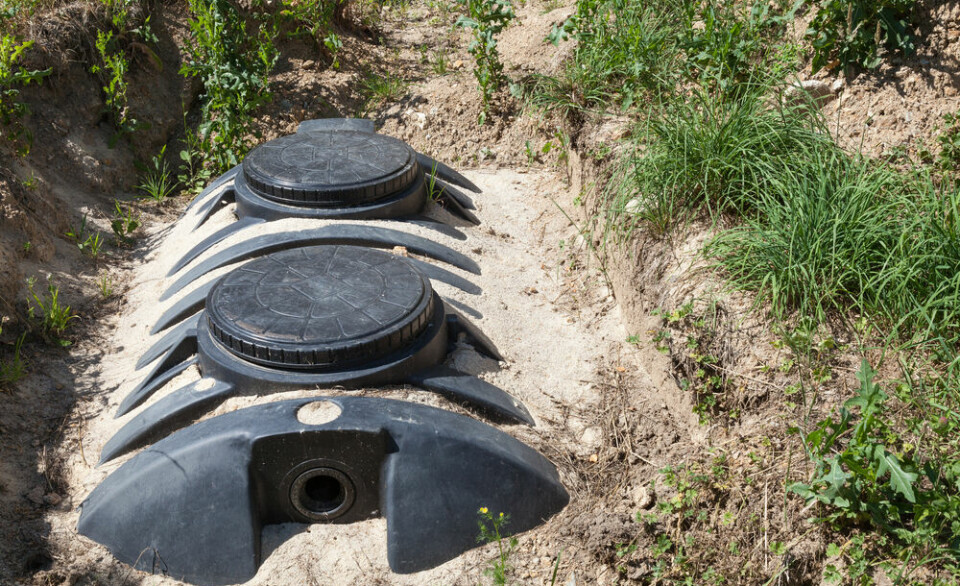-
Camping holidays becoming more popular in France despite challenges
Foreign tourists are driving positive results as people in France tighten budgets
-
Americans moving to France are increasingly choosing Nice
Expat numbers are soaring alongside a boom in US tourism in the city
-
Drivers in France: Look out for this new road sign
The sign aims to encourage more environmentally-friendly driving and road usage practices
Britons lose vote appeal
Britons fighting to win a referendum vote for expats in other EU countries have lost their final appeal.
The UK’s highest appeal court, the Supreme Court, said while the judges had ‘considerable sympathy’ for the situation of long-term expats who have no vote, they could not find a valid legal basis to uphold the case for the same reasons given by the lower courts.
This came after Court of Appeal judges also said last week they were not convinced by the case brought by Leigh Day for Harry Shindler and Jacquelyn MacLennan. It included arguing that the 15-year limit on votes for British expats represents a restriction to their EU free movement rights and also that under British common law UK citizens should have a right to vote. Leigh Day made the case specifically for expats in the EU, not worldwide, saying they would be especially affected by the outcome of the referendum, so should have a say.
Reasons for rejection included that:
• The judges did not think that EU law was relevant to the UK’s referendum
• If it was relevant, it was uncertain if the ban really impeded expats’ free movement because it was not likely that people would feel compelled to move back to the UK to regain a vote
• The referendum franchise was laid out in an act of Parliament, which trumps common law.
It is estimated that about a million expats in the EU might be affected by the decision (there are thought to be some two million in the EU in total but it is unclear how many are aged over 18 and how many have been away more than 15 years and therefore lost their right to vote).
Downing Street welcomed the decision, saying the matter of the franchise was discussed sufficiently during debates on last year’s Referendum Bill.
The francise is based on the one for parliamentary elections, which includes the ’15-year’ ban. Removing this had been a manifesto promise of the Conservative Party, however it has not been carried out ahead of the referendum despite having been included in the Queen’s Speech last year.
The franchise will however include some other groups not included in parliamentary elections such as members of the House of Lords as well as Irish nationals and commonwealth citizens who are living in the UK or Gibraltar (residents of this British overseas territory vote in EU elections in the south-west of England constituency and if the UK votes to leave the EU, it will leave too).
























